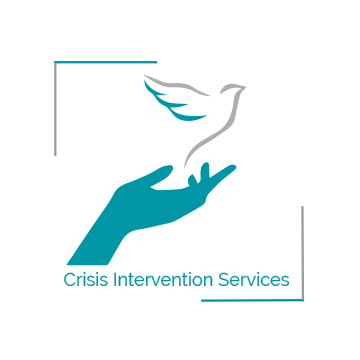FAQ’s About Domestic Violence
If you are in immediate need of help, please call the Domestic Violence Hotline at 1-800-464-8340. If you are in immediate danger, call 911.
If You Have Experienced Domestic Violence
-
If you have experienced Domestic Violence but do not require Housing Services, our fellow Advocates at Family Crisis Center can offer help. Family Crisis Center, based in Ottumwa, Iowa, provides comprehensive advocacy and confidential, supportive services. They offer a 24-hour Crisis Line where you can receive support, empowerment, and referral information from certified Victim Advocates. Serving: Appanoose, Davis, Jasper, Jefferson, Keokuk, Lucas, Mahaska, Marion, Monroe, Poweshiek, Wapello & Wayne Counties.
You may be a victim of Domestic Violence if your partner:
-
Uses his or her temper, jealous rages, or anger to frighten you.
-
Isolates you from your support system including your family and friends.
-
Calls you names and/or plays mind games.
-
Threatens to commit suicide, or to report you to the authorities.
-
Controls access to money, food, and necessities.
-
Forces sex against your will.
- They imply the use of weapons or force against you or your family.
-
Hits, strangles, kicks, or shoves you.
-
How to Stay Safe
- Know your surroundings. Identify your exits and windows, as well as areas in which you can barricade yourself and family safely, if needed. Keep a phone charger or portable battery nearby at all times.
- Practice how to get out of your home safely. Visualize your escape route.
- Have a packed bag ready. Keep it hidden in a handy place in order to leave quickly, or leave the bag elsewhere if the abuser searches your home. Keep copies of important documents (birth certificates, Social Security cards, identification documents) in this bag.
- Devise a code word or signal to tell your children, grandchildren, or neighbors so you can communicate to them that you need the police.
- When in doubt, reach out. If you are in imminent danger, call 911, a friend, or a neighbor. Inform them of any weapons in the home – and know your escape route.
- Know where you’re going. Plan where you will go if you have to leave home, even if you don’t think you’ll need to.
- Trust your gut. Consider anything that you feel will keep you safe and give you time to figure out what to do next.
- Know your rights. Even if you aren’t ready to leave, or aren’t sure if you are experiencing abuse – you always have the right to be informed. Reach out to an Advocate to learn more ways you can keep your family safe.
